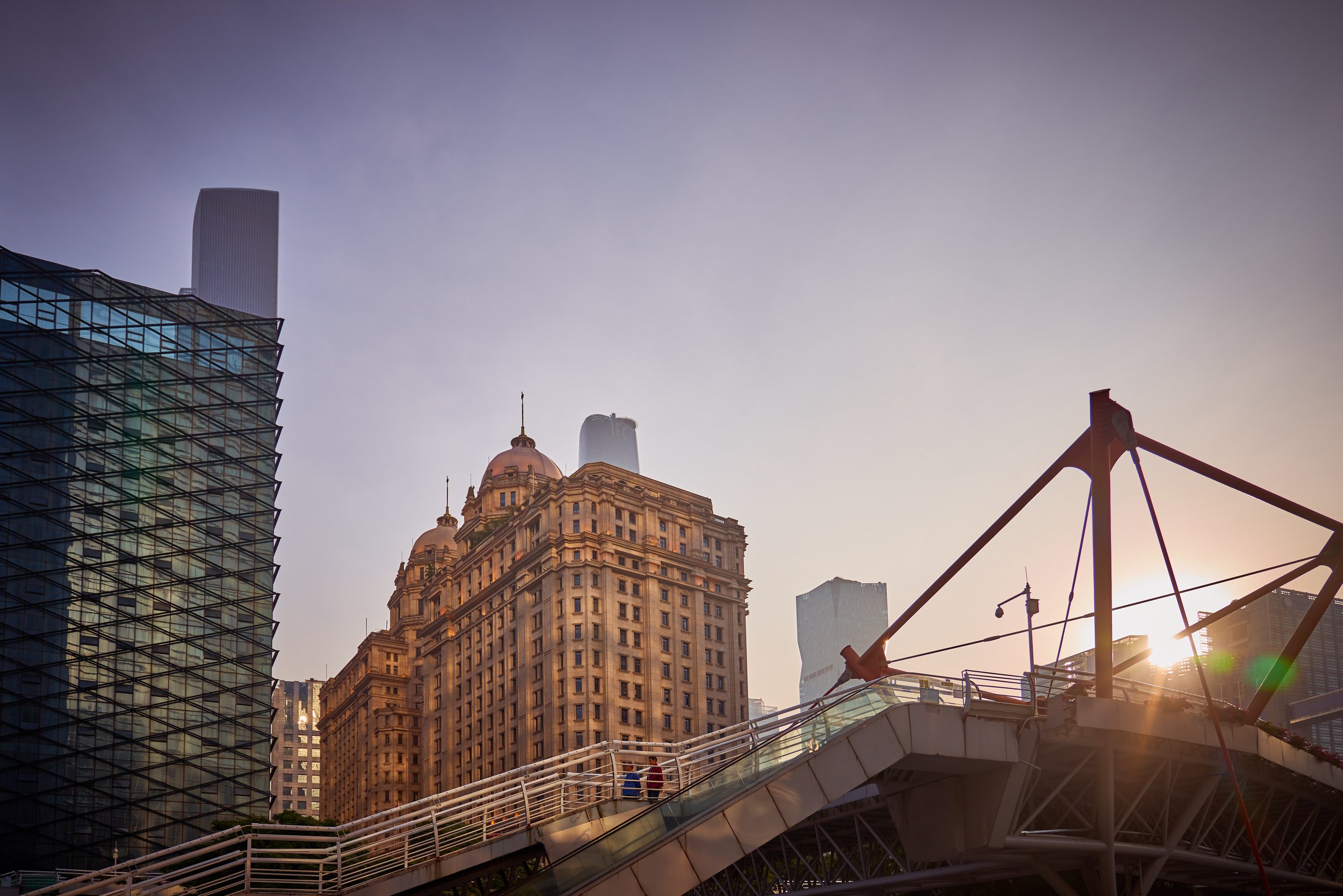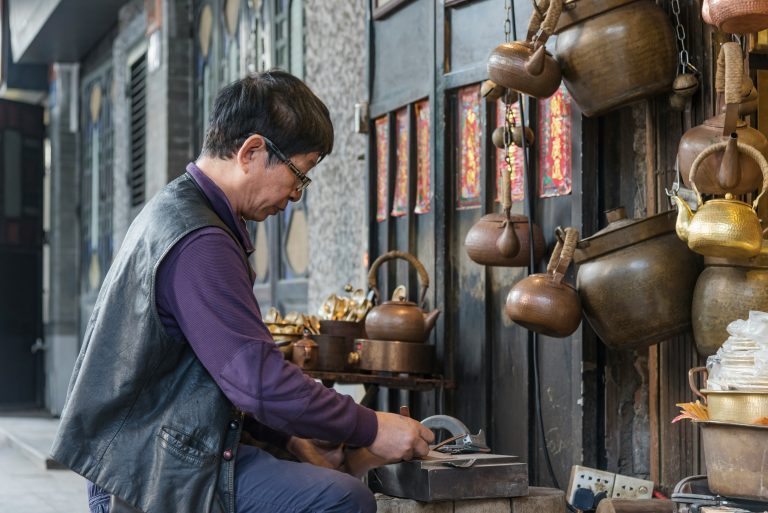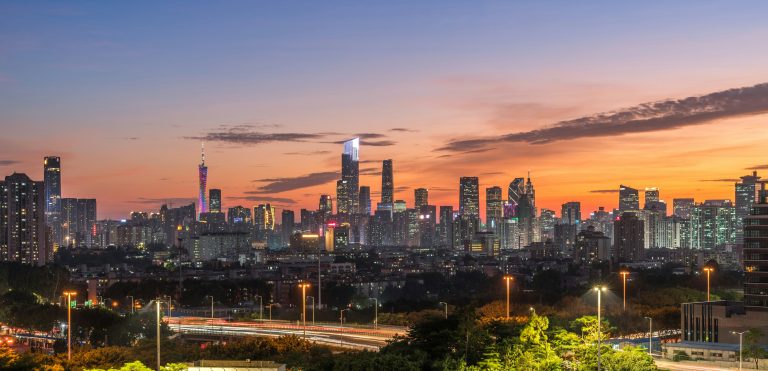
Editor’s note: Yang Mingdao is the collective pseudonym for Chinese voices within China Partnership. This post is from a talk given by a Chinese theological teacher and trainer at a gathering of those interested in China. It has been edited from transcriptions of the original talk. Make sure you catch up on the first post and check back for the whole series!
We are here to celebrate God’s work in China. Two thousand years ago, the gospel was the foundation. That living water is still providing today. To give you a bigger picture of where we were yesterday, where we are today, and where we might go in the future, let’s look at an interesting thing that happened a few years ago in the light of Chinese history.
In 2015, China’s President Xi Jinping visited the British government in the U.K. Do you know the date he arrived in London and the date he left? He arrived in London on October 18th, 2015, he signed an agreement on the 23rd, and he left the U.K. on the 24th.
If you roll it back one hundred fifty-five years, the British burned the Old Summer Palace on October 18th, 1860. The Beijing Convention [which further opened China to Western trade and is a marker of resentment and humiliation for China to this day] was signed on October 24th, 1860.
What happened in those one hundred and fifty years?
In 1860, the British government wanted to open China for commerce with the West. But the Chinese emperor did not want to trade with Britain. The two sides faced off in Beijing, and the British won. After more than one hundred fifty years, President Xi brought a large commercial group with him to sign a different treaty in London.
There are huge changes happening in China; every ten years, the country is different. Church planting, church growth, gospel maturation, and evangelism are happening in this context.
I am going to give you three pictures: one from my youth, one from a few years ago, and one of what the future could be.
I was born in Beijing and grew up in a house church there. I started to pray when I was four years old. My father is still a pastor in Beijing. This is my general background.
When I was young, around eighteen or so, we would have worship every Sunday that I can remember. Worship usually happened early on Sunday afternoons, from 2 to 3:30 or 4 pm. There were no more than twelve people in the room. In that setting, we could only mouth hymns with our lips; we were not supposed to let our neighbors hear we were there and worshipping. We had to hide ourselves. It really was an underground church. After the music, someone would share a passage; they would read it and share their perspective. This was our Sunday worship. We did not know where we would meet the next time; sometimes it was the same place, sometimes it was a different place. Someone would tell us where to go.
Fast forward to now. Just a few years ago, many church leaders and volunteers, including myself, gathered. There were almost two hundred people there. We openly held a national forum. People used their ID cards to register at the hotel and attend the meetings. We sang hymns — loudly — and it was a great celebration. The third morning, the PSB raided the room and stopped everything. But several local house church pastors stood up to them. These pastors told the PSB, “We organized this conference. We already informed local officials, and they know we are meeting here.” These pastors argued and fought with the PSB.
Eventually, the PSB — there were about twenty-five of them, all strong guys — gave in and retreated. They closed the room so no one could slip out, but they negotiated with the house church leaders and agreed we could continue our meeting and finish by the end of the day.
Toward the end of the day, they were nervous we would not wrap up on time so they could go home. We told them not to worry, that we would finish. We finished by 5:30 and came to say good-bye to the PSB. They asked us, “We were pretty friendly to you, right?” We agreed. We shook hands, and the PSB told us, “We will be welcomed next time.” We were then dismissed, very peacefully. This is the same China, twenty or thirty years later than my experience in my youth.
What is in the future? We do not know. The Lord is doing something great in China. We believe these circumstances of persecution — or what you in the West refer to as persecution — are the best time for faith to grow. Only when faith is under test is it true faith. Only when following Jesus Christ means sacrifice is it true following.
We want to see churches planted and grown. My dream is that by 2040, twelve percent of the Chinese population will go to church on Sundays. I do not even mean that twelve percent of Chinese are Christians. If we reached this goal, Christians would still be the minority, which is healthy for us. But we do want to see more people going to church on Sunday and worshipping God. I am praying for this future, and we are working to this end.































